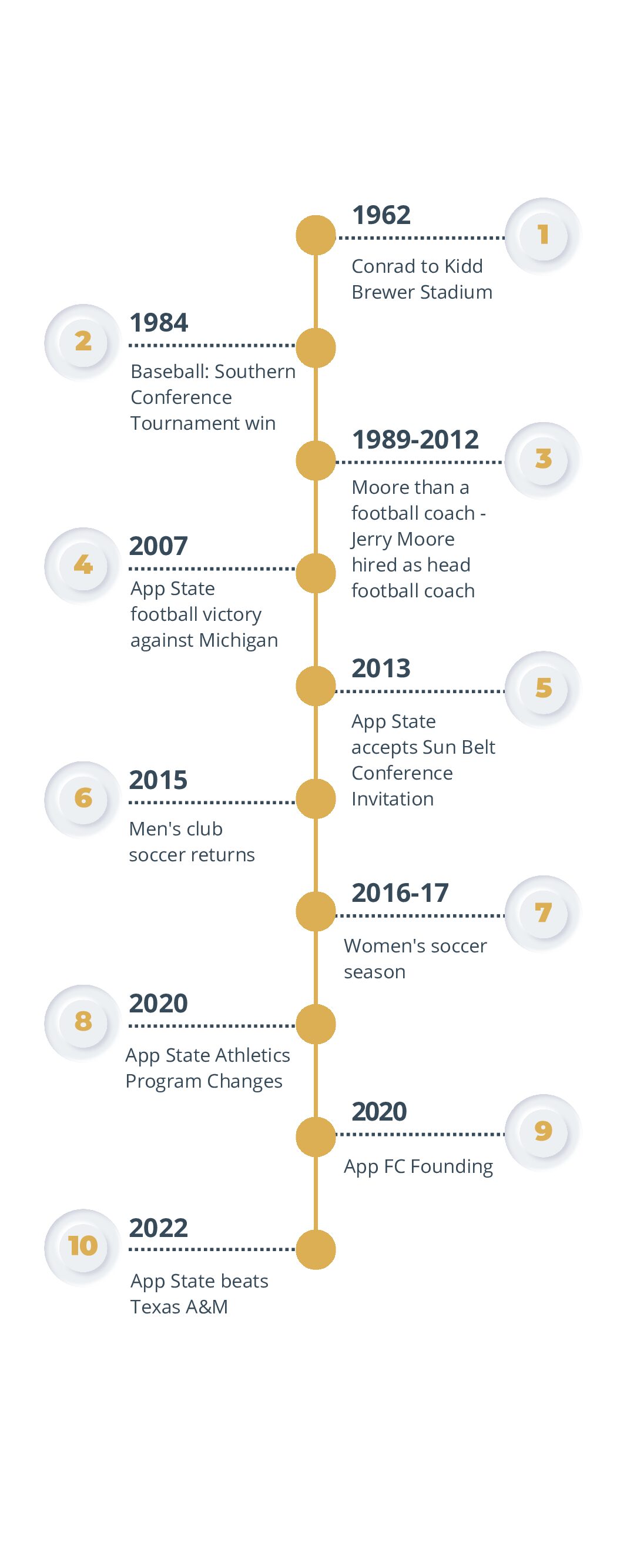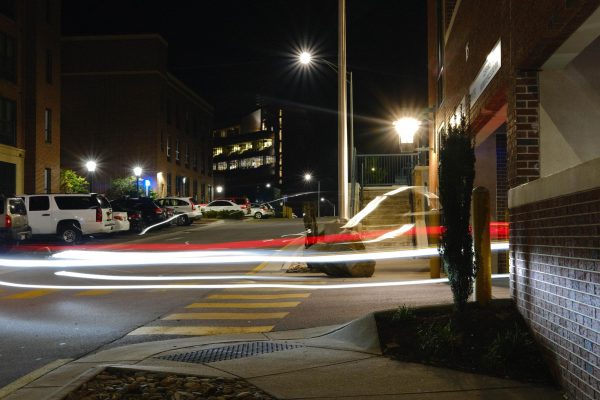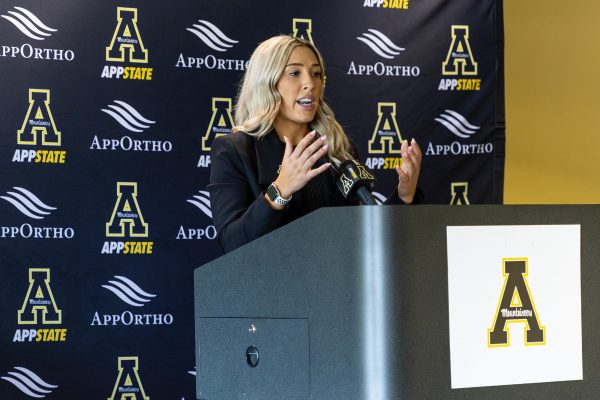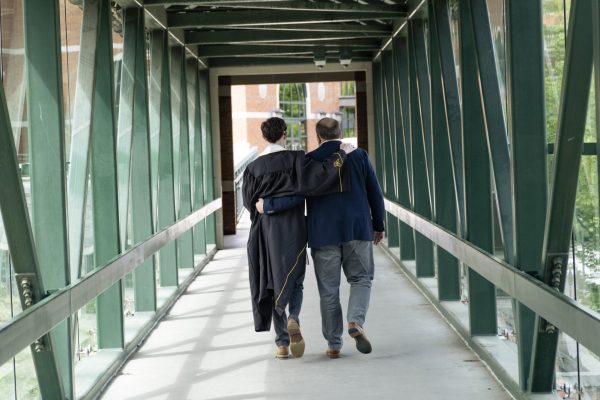In a time when higher education is being systematically attacked by the state government, the news that Margaret Spellings would be the next UNC system president was a great cause for concern.
Many items in Spellings’ background, from her involvement in for-profit education to her calls for “efficiency” when she headed the department of education, were deeply troubling.
Now, with just a few weeks to go before Spellings takes office, we are getting more unsettling news that indicates that the worst suspicions about Spellings will soon become reality.
At Spellings’ behest, the Boston Consulting Group, a prominent consulting firm, has been hired by an anonymous donor through the UNC Foundation to conduct a study of the UNC general administration, according to the News & Observer.
The firm will spend the next two months talking with leaders throughout the system and releasing a report which puts forth “a high-level plan to ensure efficiency and effectiveness” in general administration operations, according to the News & Observer.
With the exception of the part about the anonymous donor, a lot of this might sound reasonable. Efficiency and effectiveness are good things, aren’t they?
They do matter, but it is important to understand that language like that is closely tied to a corporate vision for higher education. The introduction of this firm into the mix shows that the new leader is likely to pursue a path on higher education that is narrowly focused on cutting costs and running colleges like any other private business.
The Boston Consulting Group’s own previous work on the subject of higher education shows exactly where they stand.
In a 2014 presentation released by the group titled “Five Trends to Watch in Higher Education,” they lay out some of the challenges facing higher education: declining state funding, the need for “greater return on investment” from degrees and gloablization.
For all this issues, the group approvingly identifies a host of market-based practices being used to make up for the problem, including shifts to online education and the use of “part-time teachers.”
In many cases, particularly the problem of public funding, the group is correct. The solution, however, is not to simply accept that this is the way things have to be.
Investment in education, the desire to make education available to as many people as possible, is a political choice. If we want to make higher education a priority, we can.
Of course, we should not necessarily expect a consulting firm to take that view, but we should expect that from the leaders in our system.
As the Spellings era dawns, it is important that anyone with any stake in the UNC system fight to regain a sense of college that is broader than just the bottom line.
At Appalachian State, we should be proud of some of the efforts university leaders have already made. The Faculty Senate passed a resolution last semester raising questions about Spellings’ background and the process by which she was chosen.
Throughout the semester, as we start to see what shape the system will take under new leadership, we should expect to see such bold stances from our administrators as well, particularly Chancellor Everts.
This is a critical moment for higher education in North Carolina, and going forward our leaders should be judged by the way they respond to these circumstances.
Griffin, a senior journalism major from Madison, is the Opinion Editor.











